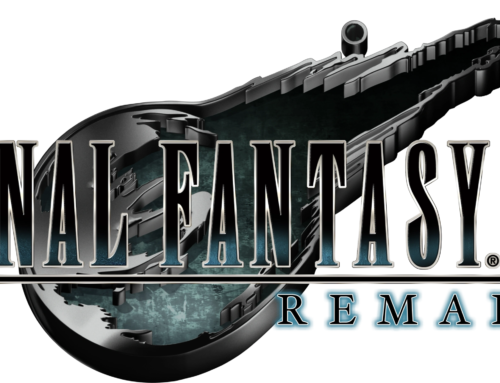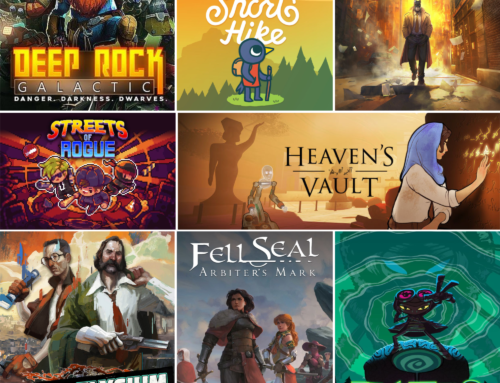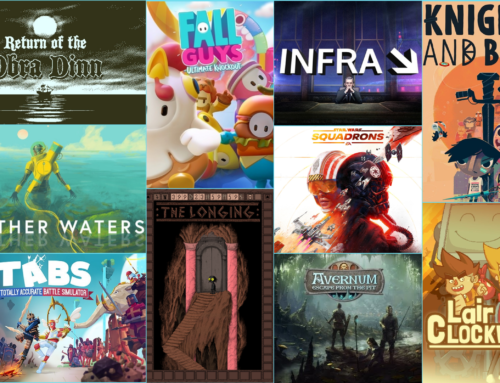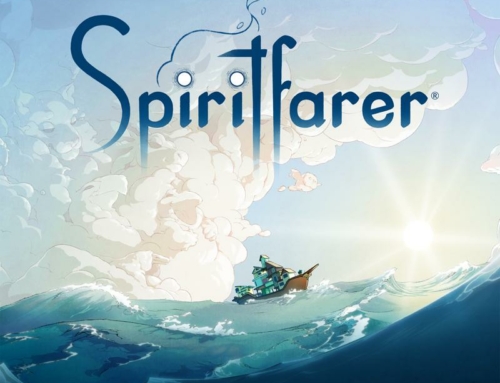An Open Letter Series
Welcome to Game Club, where once a month I discuss a game with the esteemed Joanna Tova Price. This week, we’re talking about Bernband by Tom van den Boogaart. This is the second letter in a four-letter series. You can find Part One here, Part Three here and Part Four here.
Hey Joanna –
It looks like we had a pretty different experience with Bernband. You admire it but view it as something of a failed experiment; I think it succeeds wonderfully on its own terms. We both agree it’s Good Art, but I find it fun and engaging on top of that, and I’d like to dig into a little bit why I find it so enjoyable, which may help you understand where I’m coming from.
I first played Bernband in early 2015. Going in, I had the expectation that this was just a game about exploring and observing, as opposed to interacting. Like you, I danced on bar tables, but did not expect the world to respond. I suppose this is a little absurd, and maybe speaks to the gaps in our gaming experience – I’m so ‘inside’ the medium that things that most non-gamers would reasonably expect (like believable NPCs) I don’t even think about. Part of this is the very internalized knowledge that the Bernband you envisioned is out of reach; I’d go farther than you and say that it’s not only an issue of budget but of technology. We have yet to create believable artificial intelligence; the best we’ve come up with is good AI combatants. Peaceful interaction is an entirely different can of worms. It can be nonexistant (as it is in Bernband); overtly algorithmic; or chaotic. This is why pretty much all games use heavy scripting for NPC interactions – anything else falls flat on its face, or requires the player to appreciate it on its own terms. I’d love to play the One City Block RPG someday, but I’m not sure it’s going to happen in my lifetime – and if it does, it will indeed require an enormous budget.
But I only thought about these things after playing, in response to your letter. In the moment, I had no qualms, and I have a few guesses why that is.
First: You note that, in the absence of interaction or the ability to affect the world, Bernband is pure voyeurism. Before replaying, I was inclined to agree with you, and prepared to argue that Bernband was essentially an art gallery (you go there, you look at great works, but they don’t recognize your presence and you’re not allowed to touch them). I think that’s still true as far as it goes, and one of Bernband‘s joys is its aesthetic; seeing all the different types of aliens, going into bars and hearing strange, evocative music.
But as I replayed, I remembered another pleasure the game had to offer, something that was core to the earliest RPGs: exploration and mapping. Exploration is obvious, and is my favorite characteristic in games broadly: discovering new places, not knowing what’s around the next corner. Because Bernband doesn’t dictate your goals or speed, it gives you the freedom to entertain yourself; you can view a scene or place for as long as you find it interesting, than move in, and be entertained by the sheer novelty of what comes next.
But the less obvious pleasure is mapping. As recounted at length in the CRPG Addict blog, essentially all early computer RPGs (and text adventures) required you to create maps (ideally on graph paper) in order to understand the world and plan your travels in it. There was no in-game record of where you had been or where you came from. As games began aiming for accessibility, and as graphical and processor power increased, developers began implementing convenience features – minimaps to give you a bird’s-eye view and make sure you didn’t get lost, ‘automapping’ that filled in a ‘world map’ showing everywhere you’d ever been. These in turn gave way to leading-you-by-the-nose features like quest markers. Having grown up in the ’90s, I prefer a middle ground in this spectrum, but even I’m not immune to the pleasure of employing accumulated knowledge. Mapping is sort of like doing a jigsaw puzzle – piece-by-piece it’s not the most fun thing in the world, but there’s a constant sense of progress and of gained understand that is deeply satisfying. In a CRPG, you might die on the second level of a dungeon – but the map you made before you did would help you on the next playthrough.
As a first-person game without death or failure, Bernband doesn’t require mapping of the old-school variety, but there’s a sort of ‘mental mapping’ I do as I explore the area. Where does this corridor lead? Is this a dead-end, or does it loop back somehow? As I explore the city, I gain mastery over it, such that even Bernband, which has zero traditional game mechanics, has a sense of progression and challenge.
I understand that you navigate space (both in games, and in meatspace) in a very different way than I do; mapping is not something you’re very good at, and not something you’ll take pleasure in, and I think that would make something like Bernband less appealing *even if* you didn’t have motion sickness (and I do apologize for curating a game that caused that!).
However, I think that’s only a partial explanation for our differing experience. My other idea is that this is a reflection of how we interact with real cities, and the pleasures – and fears – that lie within. You know that I find big cities anxiety-inducing, much of which comes down to being autistic in a system built for neurotypicals. Big cities have an enormous amount of stimuli that can overload my senses; they have hustling crowds who will shove me, physically push me around, because I am not able to understand the silent social cues required to move as they do. And that’s just co-existing; interacting with strangers opens up all the issues that come from the inherent communication gap that exists between autistic individuals and neurotypicals. For these reasons, I just don’t enjoy city tourism in the way many people (including you) do.
Playing Bernband, I experience something similar to what I think most people feel when touring New York or London. I can take in the sights and sounds without fear; the city moves at my own pace; the other people clip through me. They have no power over me. Insofar as there is alienation (because we do not speak the language of the locals and cannot communicate with them), that is something that for me is the status quo; and so despite taking place on an alien world, Bernband doesn’t seem that far from my liveaday experiences. Except in real life I have to be on guard for potential social interactions; the knowledge that this *can’t happen* in Bernband makes it feel safe and comfortable in a way no real city can. This may be why it struck such a chord with me; it is fantastical and yet familiar. Bernband may be a ‘ghost simulator,’ but sometimes I want to be a ghost; after all, when you’re dead, no one can hurt you.
– Dylan







[…] [This is a reply to Dylan’s letter] […]
[…] van den Boogaart. This is the fourth letter in a four-letter series. You can find Part One here, Part Two here, and Part Three […]
[…] is the first in a four part series: Dylan’s reply to this letter. My reply to Dylan. Dylan’s reply, finishing the […]